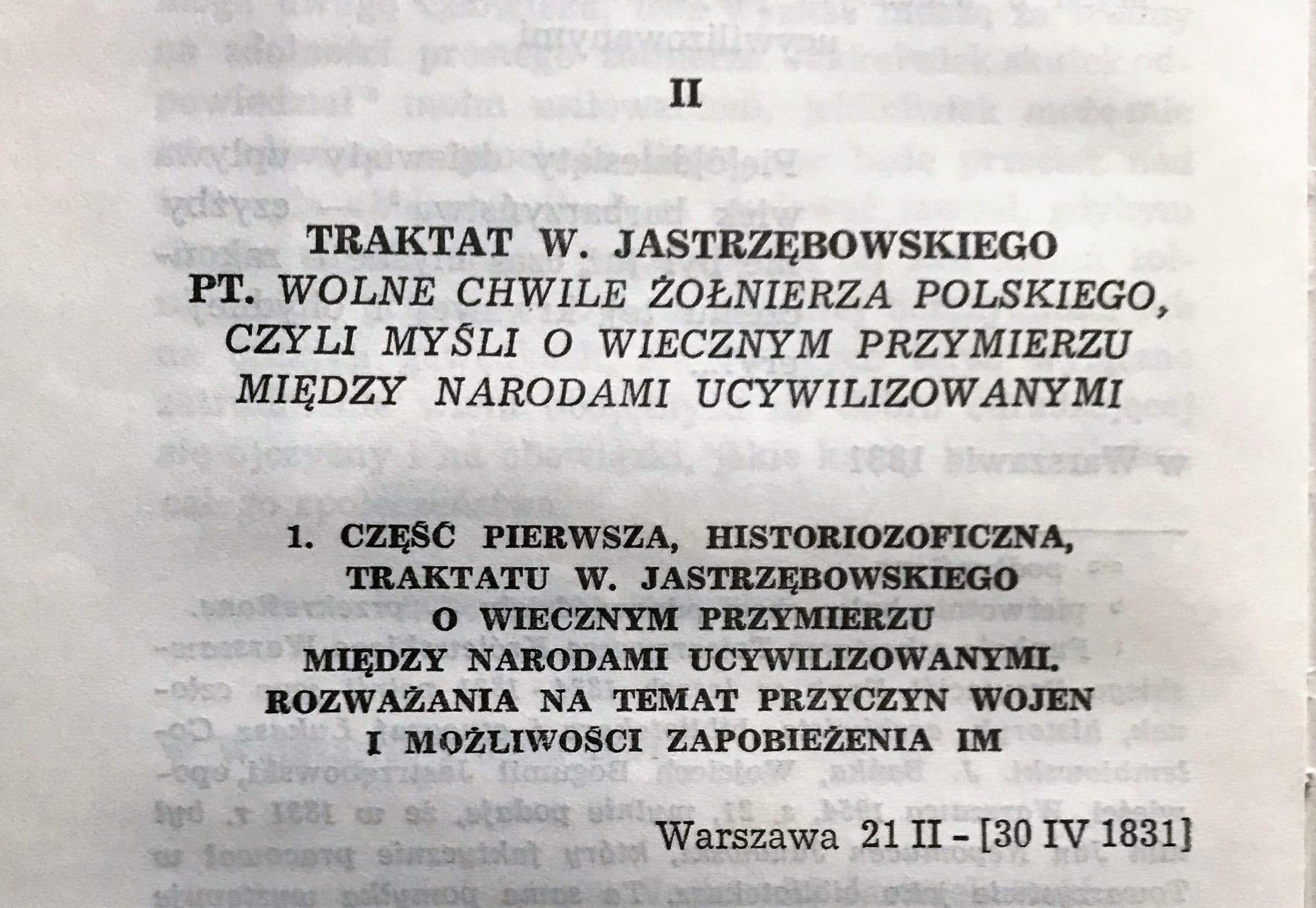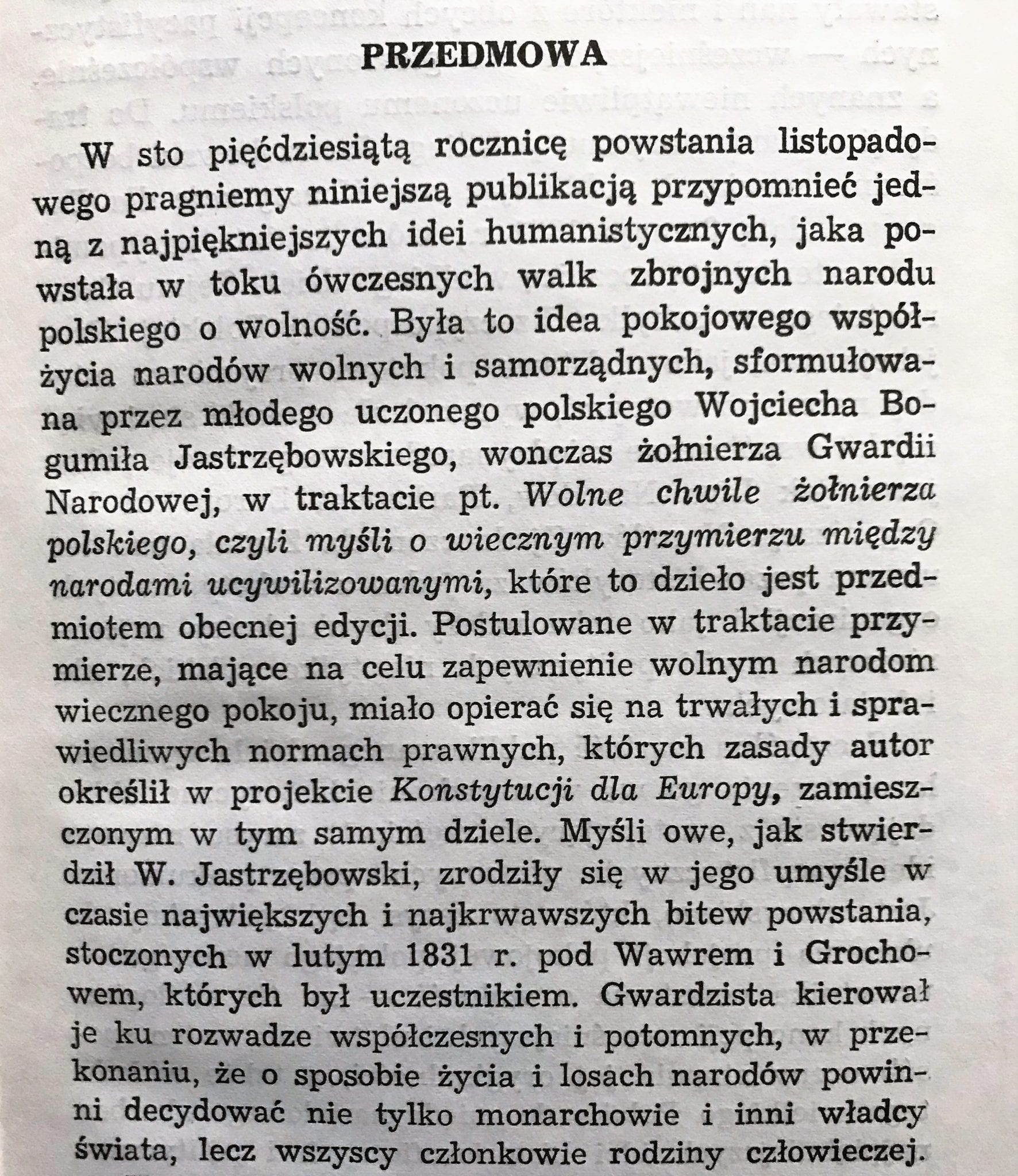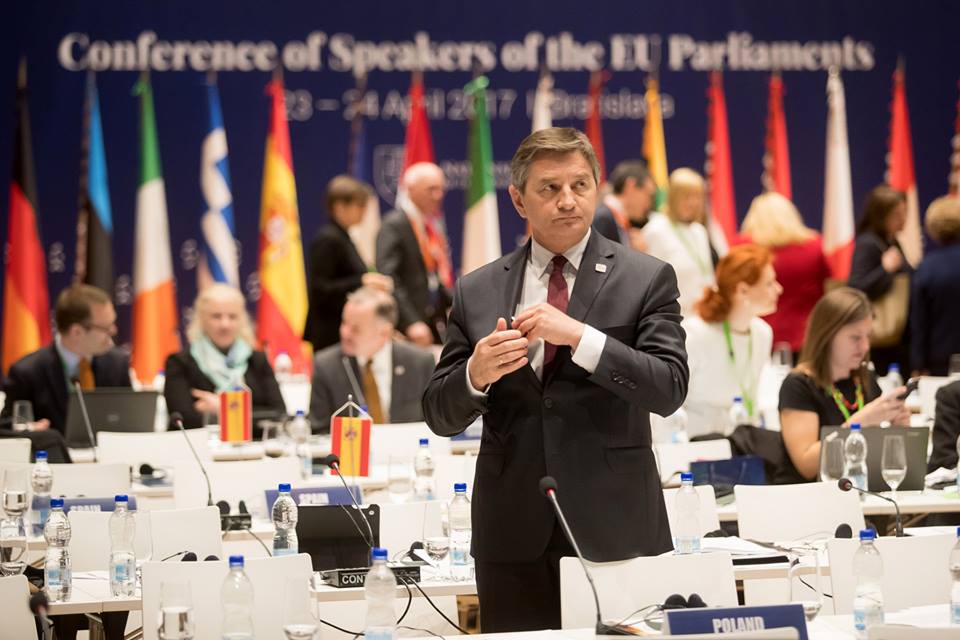We all need a stronger Europe. However, we should derive this strength from healthy inter-state relations, respect for national differences, cultural differences and political distinctiveness. Not states, but strong states, nations, can build a competitive, secure and wise European Union.
In early December, SPD head Martin Schulz made public his idea to turn the European Union into a United States of Europe by 2025. This is not a sensible idea. There are very many signals coming from member states against it. What worries me is that in the course of daily political disputes we build barricades and entrench ourselves in our own views, instead of talking. Today this entrenchment, isolation, is attributed to supporters of nation-states.
Martin Schultz is reaching back into history. He says his party first put forward the proposal for a United States of Europe nearly a century ago. He cites the point of the Heidelberg Program of the Social Democratic Party of Germany, passed in 1925. Only that this discussion is much older, and it's worth going back even further to see that Poles have contributed to the discussion on the direction of change.
At this point I am reminded of a document dated May 3, 1831 by Wojciech Bogumił Jastrzębowski, "Wolne chwile żołnierza polskiego, czyli myśli o wiecznym pokoju między narodami ucywilizowanych". Its essential part was the Constitution for Europe. In his treatise, Jastrzebski wrote about Europe, which is to be a federation of nations speaking different languages, but subject to the same general political principles. Important to Jastrzebski, a young scholar at the time and a participant in the November Uprising, was the preservation of national distinctions. He wrote about unification as a chance for peace. His vision was partly utopian, and it is difficult to put it forthrightly now as a topic for discussion of the future of the modern world. It is clear, however, that even during the 19th-century struggle for independence, Poles thought in terms of the broader good, the future of the continent, not just their own spit of land torn from the partitioners in bloody battles.
Thus, we do not have to use only historical examples cited by Western European countries, which often try to introduce a narrative that limits the voice of discussants reminding that attachment to one's own people, traditions, and otherness has been a hotly debated topic for centuries.
Nor is it true that Poland is alone in its proposals for change in the EU. It is worth noting, for example, the discussion going on in Germany itself. Martin Schulz's words were criticized by Bundestag President Wolfgang Schaeuble: "In times of incredibly rapid and profound change everywhere in Europe, people feel the need to find a foothold in the nation-state tradition." - The CDU politician explained in an interview with the Tagesspiegel.
This shows that the Polish voice is important in the international discussion. I could subscribe to what Wolfgang Schaeuble says about the mistake of taking away people's sense of security and national ties. I agree that Europe must be stronger, must change, but not at the expense of national separateness.
This dispute, in the media, seems very sharp. There are firm declarations, warnings, threats. In fact, we are getting better and better able to communicate precisely thanks to parliamentary diplomacy. Not in the European Parliament, but at the level of national parliaments. This is a less spectacular form of diplomacy, but very important. This way of conducting disputes, negotiations at the moment does not attract so many cameras, and perhaps that is why there is a better chance here to talk calmly about one's own needs, to express views honestly. It is worth remembering that it is the elections to the legislative chambers that have a higher turnout, it is in the national parliaments that the foundations of foreign policy of countries are formed.
Today I can say that the picture of the discussion on the future of the European Union is much more complete when we calm our emotions and look at diplomacy in a broader and deeper way. Schulz's idea of a United States is nothing new, and even before the SPD talked about it, there was a dispute among politicians, philosophers, scientists. The strength of united states cannot be the weakness of nations. It is difficult for Poles to understand (and rightly so) that after years of fighting for independence we would become one of many states in a large political structure. We prefer to take part in the international discussion from the position of an independent, complex-free Polish nation.
Marek Kuchciński
English version:
http://www.sejm.gov.pl/Sejm8.nsf/v4Komunikat.xsp?documentId=B97E4A8C8D814EF9C125820C0042DF09&lang=EN






